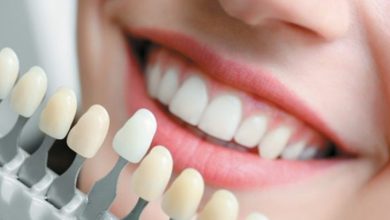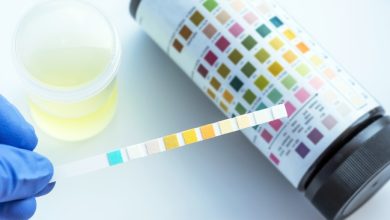Managing Sebum With Oil Control Face Moisturizer & Vitamins

If you’re someone who suffers from oily skin and the acne that it can lead to, you’ll likely already know that oil control face moisturizer is your friend. You’ll know that without it, you can end up looking shiny and glistening in the sunlight, with breakouts never being very far away.
That said, did you know that you can also help to keep your skin oil under control through the use of vitamins? Well, you can, and here we look at which vitamins are best.
Table of Contents
So, Which Vitamins Help to Control Oil?
This will come as no surprise to anyone who goes and visits their dermatologist on a regular basis. Vitamins are often used alongside oil control face moisturizers due to their complementing properties. So, let’s take a moment to examine the vitamins that help your skin the most when it comes to excess sebum and the problems it leads to.
Vitamin A
As skin professionals tell us, Vitamin A is a vital vitamin for anyone wanting a healthy complexion. It helps to maintain its appearance by promoting the generation of new skin cells while also helping to keep acne at bay. This improved cell turnover naturally helps to skin to rid itself of excess oil.
Vitamin D
As a fat-soluble vitamin (like Vitamin A), vitamin D affects the sebaceous glands in a positive way, meaning that oily production is kept to a necessary level. It’s all about stopping those oil glands from leaping into action so that your skin remains nice and balanced.
Zinc
Another useful element that helps your skin to avoid becoming oily is zinc. This metal is known to prevent sebum from becoming over-produced by reducing the impact of the hormones that provoke sebum to ensue.
Are there Foods I Should Be Avoiding?
Yes, there are. Your oil control face moisturizer will work more effectively if you stay away from foods that cause sebum to be produced. Let’s see what they are…
- Refined Grains – the main culprit here are refined grains, which are typically found in processed foods, as well as white rice, breakfast cereals and white bread. You see, these foods have a high glycemic index, resulting in them being broken down fast in the body. This triggers a fast rise in insulin and, in turn, an increase in oil production.
- Vegetable Oils – used widely in cooking, vegetable oils are known to have an inflammatory effect that’s linked with acne. That’s because they contain high levels of omega-6 fatty acids that cause the problem.
Support Your Oil Control Face Moisturizer With Your Diet
Clearly, when you have oily skin, you have to be very careful about what you put IN and ON your body. Your oil-controlling skincare products will give you help from the outside, and it’s your job to take care of your skin from the inside via your diet.
Follow the guidelines shown here, and you stand the best possible chance of getting the best possible results from the product.




